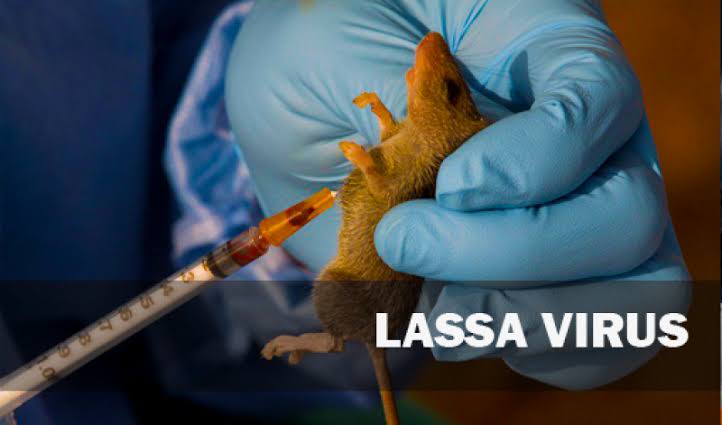By Iyemah David
The Coalition for Epidemic Preparedness Innovations (CEPI) has expressed hope for the availability of a Lassa fever vaccine by 2030.
This was shared at an ongoing workshop with West African researchers to discuss the progress of a Lassa fever research study known as “the Enable Lassa Research Programme.”
Dr Gabrielle Breugelmans, Director of Epidemiology at CEPI, gave the assurance on Monday in Abuja, at the workshop co-hosted with the Nigeria Centre for Disease Control (NCDC), Africa CDC and CEPI for scientists from across the West Africa sub-region.
Breugelmans said that following the successful completion of Phase I and later Phase II trials by next year as currently expected, vaccine candidates could head into late-stage trials in the coming years to assess their efficacy.
“This is where scientists will discover whether people in the clinical trial who got vaccinated with the Lassa vaccine were less likely to develop the disease compared to people who got the placebo shot,” she explained.
She said that CEPI is also strengthening vaccine manufacturing capabilities on the African continent to improve equitable access to vaccines, noting that it is a critical part of epidemic and pandemic preparedness and the continent’s collective security.
She said that as a leading funder of Lassa vaccine development, CEPI has is supporting the development of six Lassa vaccine candidates.
“Data provided from the Enable research programme will guide the location and implementation of future late-stage efficacy trials to evaluate these or other Lassa vaccine candidates.
“It will help us to define an appropriate vaccination strategy once a Lassa vaccine is approved for use, for example by helping to identify priority populations at risk,” she explained.
She said that the research would also support another goal in CEPI’s five-year plan assisting countries with developing the infrastructure and expertise to undertake the epidemiological and clinical studies needed to advance vaccine development and enable such countries to take full ownership of their national health security.
She said the Enable study, has so far enabled countries and the global community to better understand the rate, location, and spread of the Lassa virus across the region.
“Data collected in the countries will highlight any differences in the age and gender of people who become infected, while also providing a more accurate overview on the proportion of asymptomatic and symptomatic cases,” she said.
According to her, the pathogen has been on CEPI’s target list since its launch in 2017, with the Coalition establishing itself as one of the largest funders of Lassa fever research.
Breugelmans stated that CEPI would continue to support its Lassa vaccine partners and monitor progress as vaccine candidates make their way through clinical trials.
Dr N’Faly Magassouba, Programme Steering Committee (PSC) Chair of the Enable Lassa Research Programme and Principal Investigator of the Enable site, Guinea, said that Lassa fever outbreaks continue to occur with worrying regularity.
Magassouba said the Enable Lassa Research Programme is working hard to ensure a vaccine is developed against this potentially deadly pathogen.
“The Enable Lassa Research Programme has brought together north-to-south and south-to-south research collaborations under a single umbrella,” he said.
He said that this was like never before, to work collectively to provide valuable insights to support Lassa fever research and vaccine development in the region.
He said that the research enrolled up to 23,000 participants, including Nigeria, which began collecting participant data in December 2020.




